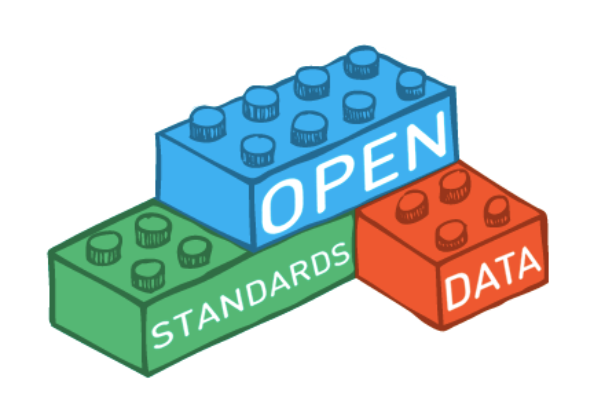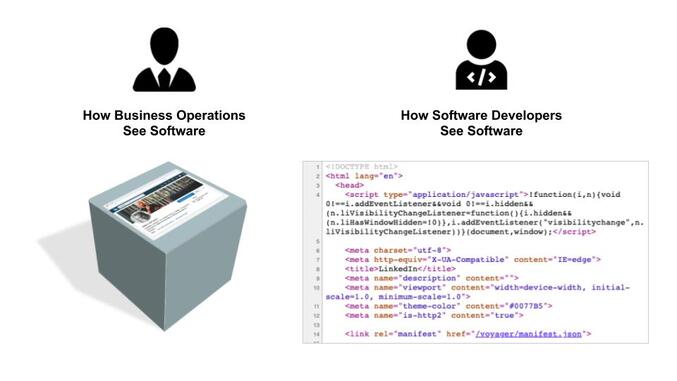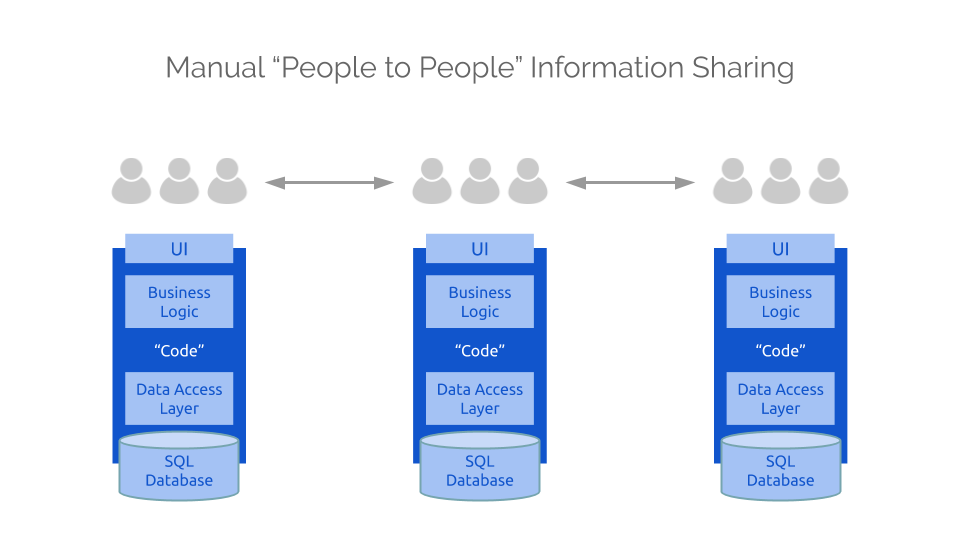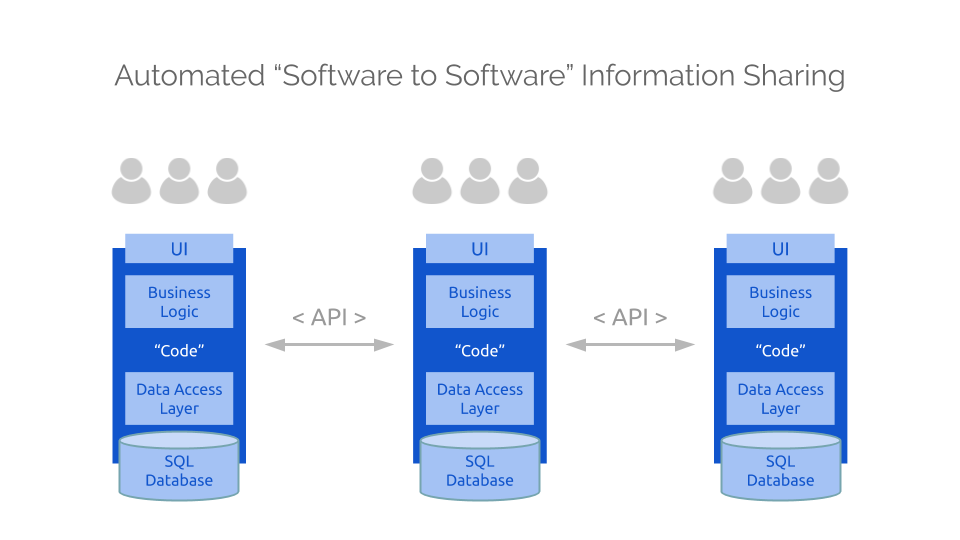|
As we are preparing for the second half of 2019, we have seen more and more requests, plans and developments around digital transformation within the startup ecosystems we are working with, where many are seeing the benefits of the open standards based digital approach to gain efficiency and to embrace common objectives to become digitally connected and truy data-driven for in their ecosystem orchestration and development. "Ecosystem Development and orchestration is complex and challenging, in digital level it becomes even more unforgiving, where any vagueness needs to become specific and clearly defined. - As such it's also very important to create a common language between the technical teams; system admins, software developers, technical project leads etc. and ecosystem development and operations teams from the non technical side; operations manager, project managers, policy makers etc." In majority of ecosystems there exists silos with steep gaps in between "tech stuff" and "business operations", where very little common understanding, language and operative development exist between these two. At the same time, if "business operations teams" don't understand how the digital world and tech stuff work in practise, what are the modern technical capabilities and how these technologies are evolving, it's hard to communicate how the digital solutions should be build. At the same time if "tech teams" don't understand what should be built, why and how it should work?, - it's close to impossible to build anything that actually works as expected in ecosystem level. We at startup commons work tirelessly not only to build and validate such technical solutions, but also work hard in building more common language, understanding and practical collaboration to bring these two key sides to work more closely. As both sides have knowledge and skills that are crucial in successful digital transformation to be successful for any ecosystem. - And in here the Open Standard Data Model is at the very centre of this work, as data itself is key at all levels and is more easily understandable to all parties. Why is all this so important?Different ecosystems around the world have already realized that they can no longer operate in application silos as it will essentially kill real process level collaboration and trust between organizations that is needed to collaborate in practise to build strong ecosystems together. And that portals alone bring limited solutions without infrastructure underneath making the data flow between different applications and the portal. Using humans to manually move data between silos is not what digital ecosystems are about. Solving this challenge at local ecosystem levels and beyond, require, long term, systematic development, done collectively by the entire ecosystem to drive benefits for entrepreneurs, startups, corporates and all other ecosystem actors alike. Also by choosing to expand this ecosystem collaboration efforts for data connectivity to regional, national and global level, - to build open data model standards for how these applications can share data, all collaborating ecosystem actors in different functions functions, can start creating and collaboratively developing a common digital language to lay the groundwork for enhancing trust in data and have models for scaling their technologies and use of these technologies effectively. This Open Standards model is emerging as a fundamental prerequisite prior to be able to adopt any new technology application or solution for ecosystem management and development. Open Standard Data Models help ecosystem actors connect and enable the flow of data in any key information within and between ecosystem applications; the movement of talents, startups, activities, services, etc. extending outside their own systems. With this approach, they are taking the crucial first step toward their (eco)system interoperability, which is key to enhancing collaborations and building locally, globally and business vertical connected ecosystems. Additionally, for data to be productive in various uses within an ecosystem, open standards provide structure for consistency to the vast amount of data already available and new data being collected for various research, reporting, analytics, matching, evaluation, registration, funding etc. purposes, as well as to move any data easily between disparate, manual and/or automated systems. As ecosystem actors are evaluating the enrichment of the data they’re collecting, standards ensure that efficiency, connectivity and sharing is always an "built-in". Join Our WebinarStartup Commons is doing a FREE webinar on Tuesday, July 9th, 2019, 3 - 5.00 pm CEST where we will discuss about these topics and will launch 'The Declaration of Open Standards Ecosystem Framework Principles' -model, to ignite building a global movement that enables, supports and facilitates ecosystem interoperability. In addition we will be discussing the technical implications behind this approach and our next level effort to support volume of local ecosystems digital transformation journeys in more iterative step by step approach, but globally scalable way. If you are part of Tech Team, make sure to invite your Business Operations team members as well. If you are part of Business Operations team, make sure to invite your Tech Team members to join as well. This webinar is designed for both sides in mind!
|
Supporting startup ecosystem development, from entrepreneurship education, to consulting to digital infrastructure for connecting, measuring and international benchmarking.
Subscribe for updates
Startup ecosystem development updates with news, tips and case studies from cities around the world. Join Us?Are you interested to join our global venture to help develop startup ecosystems around the world?
Learn more... Archives
December 2023
Categories
All
|
- Startup Commons
- Business Creators
-
Support Providers
- About Support Providers
- Learn About Startup Ecosystem
- Startup Development Phases
- Providing Support Functions
- Innovation Entrepreneurship Education
- Innovation Entrepreneurship Curriculum
- Growth Academy eLearning Platform
- Certified Trainers
- Become Growth Academy Provider In Your Ecosystem
- Growth Academy Training On-Site By Startup Commons
-
Ecosystem Development
- About Ecosystem Developers
- What Is Startup Ecosystem
- Ecosystem Development
- Ecosystem Development Academy eLearning Platform
- Subscribe to Support Membership
- Ecosystem Operators
- Development Funding
- For Development Financiers
- Startup Ecosystem Maturity
- Case Studies
- Submit Marketplace App Challenge
- Become Ecosystem Operator
- Digital Transformation
- Contact Us
- Startup Commons
- Business Creators
-
Support Providers
- About Support Providers
- Learn About Startup Ecosystem
- Startup Development Phases
- Providing Support Functions
- Innovation Entrepreneurship Education
- Innovation Entrepreneurship Curriculum
- Growth Academy eLearning Platform
- Certified Trainers
- Become Growth Academy Provider In Your Ecosystem
- Growth Academy Training On-Site By Startup Commons
-
Ecosystem Development
- About Ecosystem Developers
- What Is Startup Ecosystem
- Ecosystem Development
- Ecosystem Development Academy eLearning Platform
- Subscribe to Support Membership
- Ecosystem Operators
- Development Funding
- For Development Financiers
- Startup Ecosystem Maturity
- Case Studies
- Submit Marketplace App Challenge
- Become Ecosystem Operator
- Digital Transformation
- Contact Us






 RSS Feed
RSS Feed

